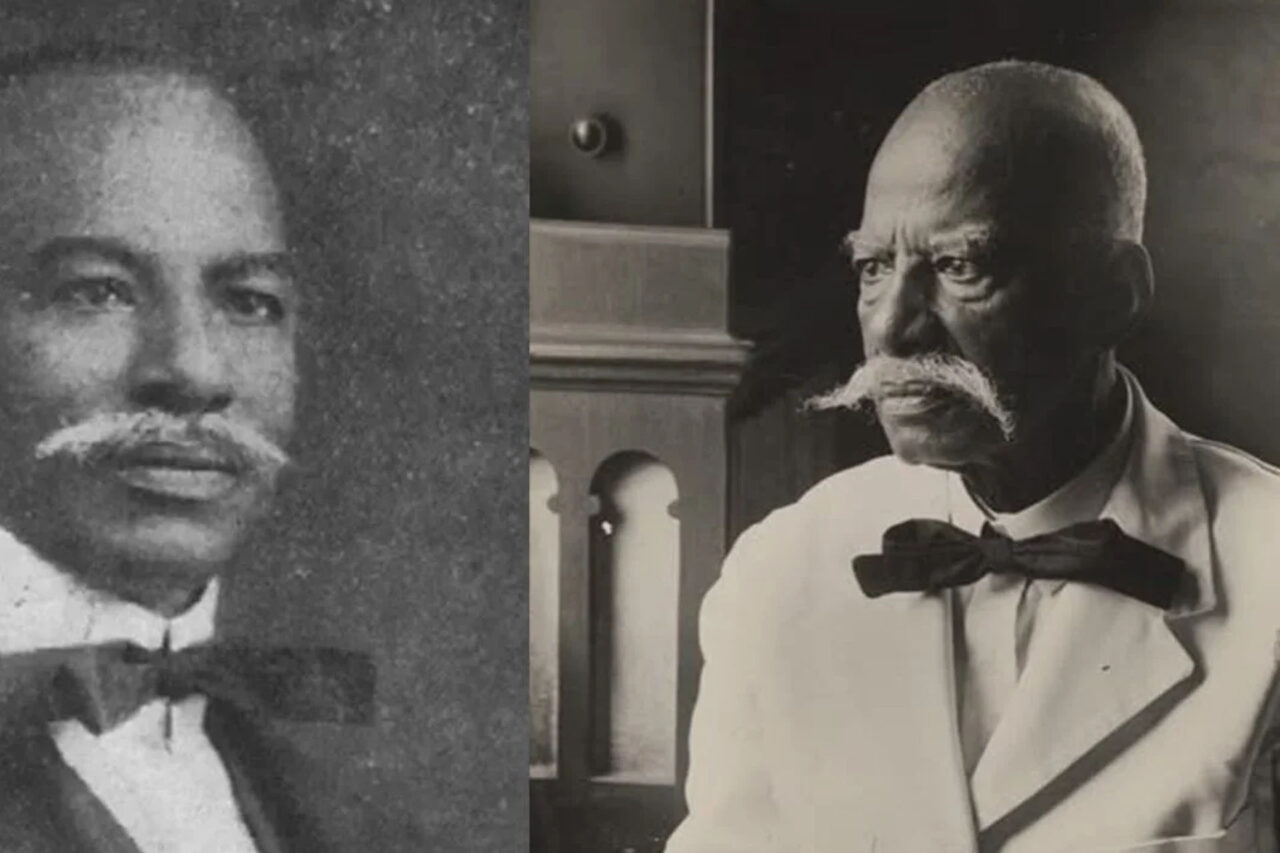In exercising his constitutional power of mercy, President Bola Ahmed Tinubu has granted presidential pardon to foremost nationalist and champion of anti-colonial struggle, Sir Herbert Macaulay; former Federal Capital Territory minister, Major General Mamman Jiya Vatsa, Former Reps member, Farouk Lawan and others.
Others pardoned are the Ogoni nine: Ken Saro Wiwa, Saturday Dobee, Nordu Eawo, Daniel Gbooko, Paul Levera, Felix Nuate, Baribor Bera, Barinem Kiobel and John Kpuine.
Imo State Governor, Hope Uzodinma, and Kaduna State Governor, Uba Sani, briefed newsmen after the Council of State meeting.
Governor Uzodinma said President Tinubu acted on the recommendations of the Presidential Advisory Committee on the Prerogative of Mercy (PACPM) which has 12 members, with the Attorney General and Justice Minister, Prince Lateef Fagbemi, as chairman.
The committee’s final report was presented to the Council of State on Thursday in Abuja, as required by the constitution.
Herbert Macaulay was a Nigerian nationalist and co-founder, along with Dr Nnamdi Azikiwe, of the National Council of Nigeria and the Cameroons (NCNC). Macaulay was the party’s first president, which played a pivotal role in Nigeria’s struggle for independence.
However, in 1913, Macaulay was convicted by the British colonialists and banned from public office. Macaulay died in 1946, but the stigma of being an ex-convict was not exorcised from his records until now.
Vatsa, a poet, was sentenced to death over a treason charge in 1986, during the administration of military president Ibrahim Babangida, and was executed with nine others by firing squad. The circumstances leading to his conviction and execution have been a subject of debate for a long time.
Farouk Lawan was sentenced to seven years’ imprisonment for receiving a $500,000 bribe while serving as the chairman of the House of Representatives ad-hoc committee investigating the fuel subsidy fraud in 2012.
He served the sentence and got out of prison in October, 2024.
Ken Saro-Wiwa and eight other activists were sentenced to death and executed in 1995 by the Nigerian military government headed by General Sani Abacha for ‘inciting the murder of four Ogoni chiefs.’
Others are: Mrs Anastasia Daniel Nwaobia, Barrister Hussaini Umar, and Ayinla Saadu Alanamu, who were granted pardons according to the presidency, to enable them to integrate into society, “having demonstrated sufficient remorse”.
Nweke Francis Chibueze, serving a life sentence for cocaine, was pardoned, along with Dr Nwogu Peters, who had served 12 out of his 17-year sentence for fraud.
At the same time, the president awarded national honours to the Ogoni four- Chief Albert Badey, Chief Edward Kobani, Chief Samuel Orage, and Theophilus Orage.
The President also granted clemency to 82 inmates and reduced the prison terms of 65 others based on the constitutional power of mercy vested in him.
He gave a reprieve for seven inmates on the death row by commuting their sentences to life imprisonment.
The committee’s final report was presented to the Council of State on Thursday in Abuja, as required by the constitution.
The report noted, “A total of 175 inmates were interviewed, and 62 applications were received on behalf of 119 inmates considered by the committee, making it a total of 294.
“One hundred and sixty of the inmates interviewed were male, while 15 were female. Eighty-two inmates were recommended for clemency; two (2) for pardon; sixty-five (65) inmates for reduction of their terms of imprisonment, and seven (7) inmates on death row for commutation to life imprisonment.
“Also, fifteen (15) ex-convicts were recommended for presidential pardon, eleven (11) of them are deceased (including Ogoni 9). The Ogoni four (4) were also recommended for the Posthumous National Honours Award.
“On the whole, a total of one hundred and seventy-five (175) beneficiaries are recommended.’’
The committee had acted on the following criteria: old age (60 years and above); ill health likely to terminate in death; young persons (16 years and below); long-term convicts who have served prison terms of 10 years or more with a good record; and convicts serving three years or more
“Those who have been in Custodial centres, learnt sustainable vocational trades capable of keeping them away from crime; those who are adjudged remorseful; those who Correctional Officers recommended for exemplary behaviour and Nigerian prisoners deported from other countries.
Latest posts by Hassan Umar Shallpella (Regional Correspondent) (see all)
- Adamawa Governor Ahmadu Fintiri Dumps PDP, Joins the APC - February 27, 2026
- NEDC Donates 100 Life Jackets, 12 Rescue Boats To Yobe State Gov’t - February 26, 2026
- 15 Adamawa State Assembly Members Quits PDP - February 26, 2026
previous
Management of Zara Stores Opens New Outlet in Onitsha
next

